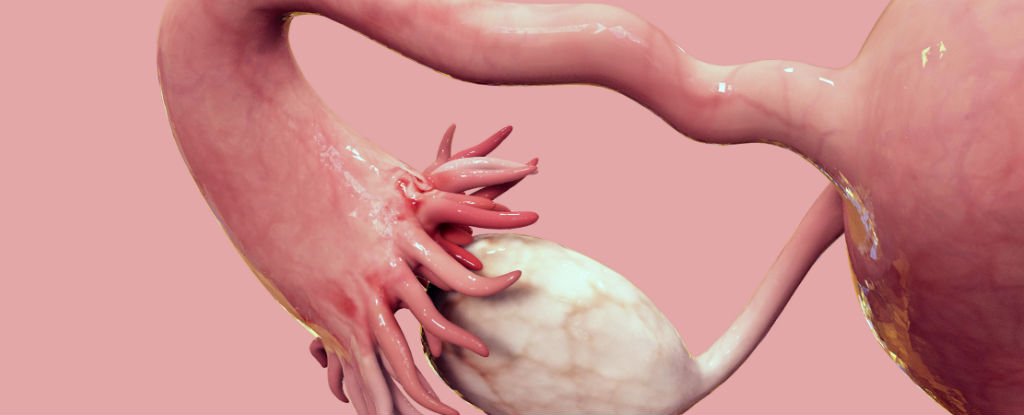3D Printed Ovaries: New Research Shows Progress
/New research shows scientist are closer to new infertility treatment
3-D printed organs and bio printing’s role in the future of healthcare is uncertain but exciting at the same time.
3-D printing technology has been in the press so much this past year. With bio printing, instead of the printer spraying ink to create objects, they spray human cells. Bio-Printing is in its infancy but has the potential to transform:
transplant surgery
prosthetics
bioprinting of human cells
lifelike models of organs
printable, implantable human tissue
A recent advance in women’s health related to 3D printing has been reported. Scientists are one step closed to developing ovaries using 3D printing technology to treat various infertility issues. If the scientific community were to accomplish this, it would be considered the holy grail in bioengineering and what has been deemed as “regenerative medicine.”
The end goal is to generate replacement ovaries to restore fertility for women who became sterile post treatment such as chemotherapy. Recent research published in the journal Nature Communications says they hope to test on a human within a few years.
When it comes to this issue, for some time now, doctors have worked to restore fertility in women with damage from certain medical treatments by freezing a portion of their ovarian tissue pre treatment. In this case, scientists developed three-dimensional structures of ovaries to be used for bioprosthetic versions of the organ.
The ink used in 3D printing is a biological ink called gelatin. Gelatin is a naturally occurring substance that helps form the structure of organs. A 3-D printer squirts out gelatin ink in extremely precise patterns, one layer on top of another, to build complex three-dimensional structures modeled on the natural ovary.
Scientists used 3D printing to lay down a scaffold that was mimicking the natural scaffold of the human organ.
Perhaps the biggest breakthrough could be bio printings effect on cancer research. Using 3-D printing, researchers create exact replicas of a patient's cancerous tumor. This will allow them to test in real how a patient tumor will react to any number of cancer treatments.
As you can see this has the potential to completely transform healthcare as we know it, especially in regards to research. We'll be watching.
















